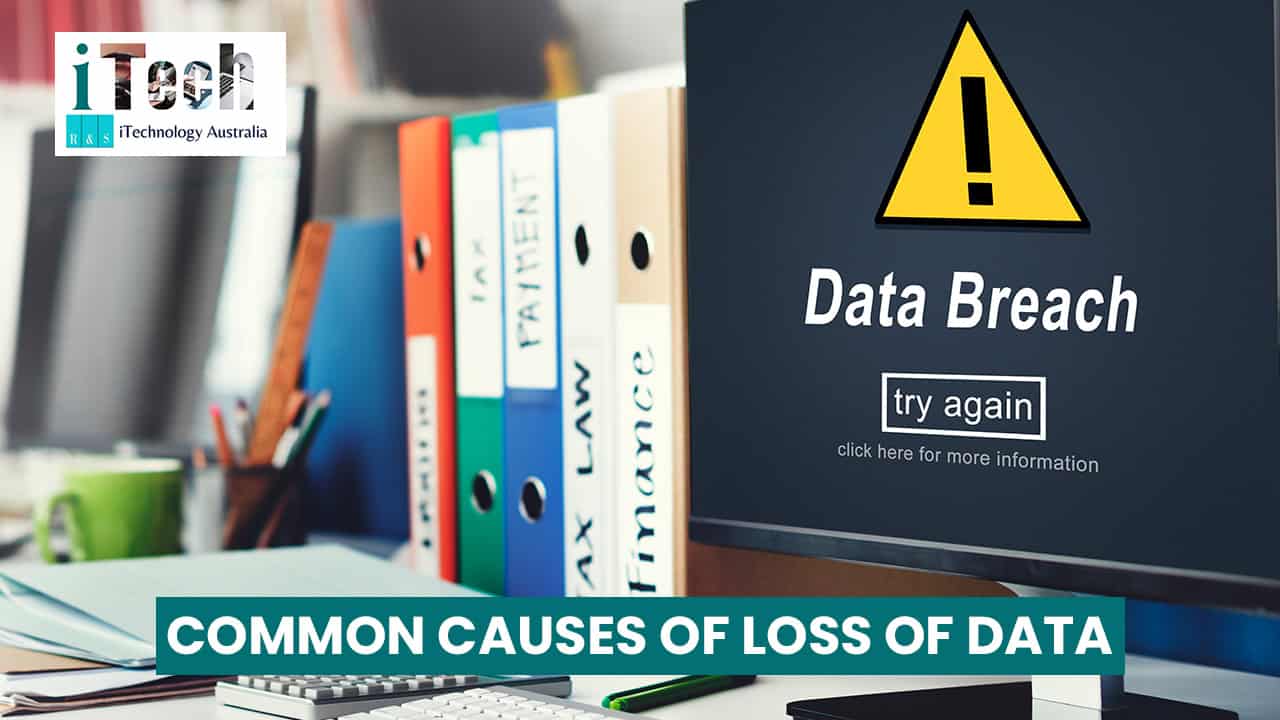
Data is something that can be lost for various reasons, means, and ways, making it hard to recover on your own. There are so many ways to recover the data, such as fixing the damaged drive by an information technology company. It is essential to note that a DIY strategy can cause further damage to the device or gadget to be examined. These are the steps in their correct order: initial assessment, creating a disk image, disc drill, recuva, and data recovery wizard.

COMMON CAUSES OF LOSS OF DATA
- HUMAN MISTAKES/ ERROR
Most times people lose their data through accidentally deleting, overwriting files and poor handling of data. Sometimes, the breach of files occurs when they fall for scam links and similar tactics. Thus leading to the deletion of important files and data.
- HARDWARE FAILURES
Some storage devices are finite. Thus, they have a short life span, leading to failures like overheating, blowing up, mechanical downfalls, and power surges, which can lead to the loss of data.
- CYBER ATTACKS
Data can be destroyed through malware, viruses, and breaches. Cyber criminals often take advantage of the weaknesses in the security of gadgets, and so they hack and delete the data.
- NATURAL DISASTERS
Accidents that are beyond human control may occur, and natural disasters like floods, storms, lightning, and fire can damage the hardware physically. This may lead to irreversible data loss if there are no online backups.
- SOFTWARE CORRUPTION
Errors like improper shutdowns and incompatible updates can corrupt files, making them unreadable or inaccessible.

PREVENTIVE MEASURES FOR DATA LOSS
- Regular backups
- Employee training
- Robot security
- Robust security measures
- Hardware maintenance
- Disaster recovery plan
HOW THE DATA IS RECOVERED
Several steps are taken to recover the lost data. Each and every step differs from device to device and drive to drive, depending on the cause of loss and damage.
STEP 1 – INITIAL ASSESSMENT
The first step of the process is to carry out the first check up to see the cause of the damage and the degree to which the data was lost. This step leads to a more specific type of data recovery.
STEP 2 – CREATING A DISK IMAGE
A clone disk is created to avoid further damage to the original one. For this process, tools like disk drill are used to create a byte-to-byte backup.
STEP 3 – DATA RECOVERY TECHNIQUES
- Disk drill
- EaseUS data recovery wizard
- Recuva
- Cleanroom facilities
- Component replacement
- Firmware repair
STEP 4 – DATA VERIFICATION AND DELIVERY
After the recovery data process is done, the usability is checked, and the old drive is replaced.
CONCLUSION
In conclusion, data is lost through different means. Through natural disasters, human error and software error. That can be prevented by making sure the data is backed up regularly, ensuring robot security, employee training, robust security measures and hardware maintenance. In case it gets lost, visiting professionals like iTech Australia should be trusted to help you recover your data as soon as possible.








